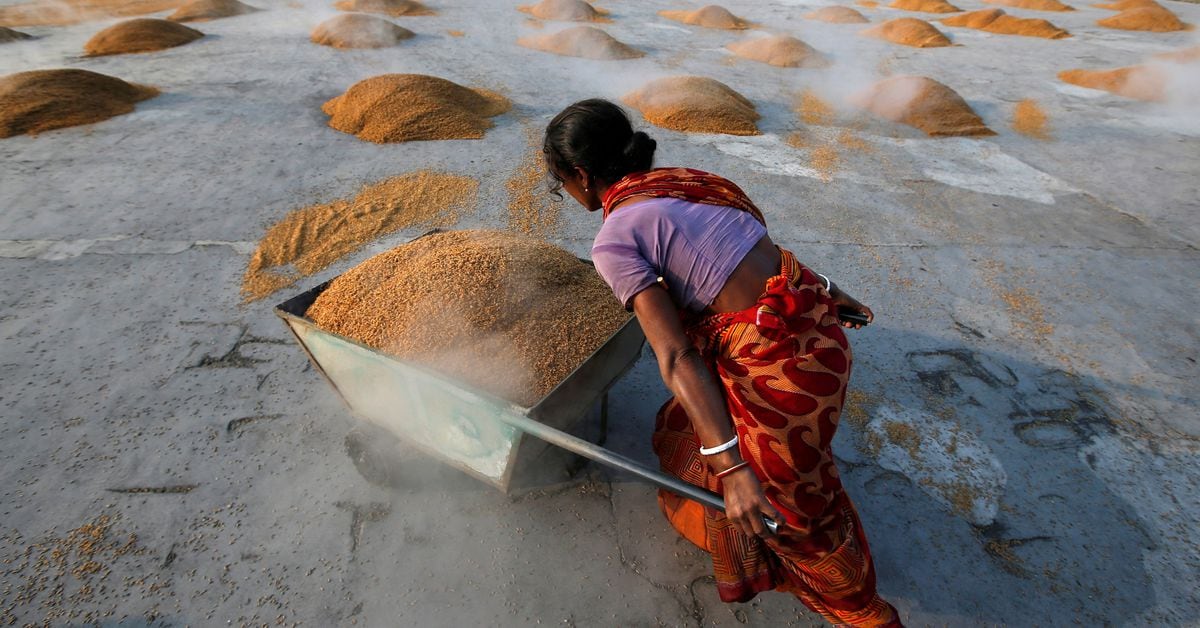Fortuitously, this professor, who seems to be an expert, has written an article today. He states that 25% of adults have diabetes.I think the report about high incidence of diabetes (one-third of the population) in Pakistan appears suspect. It's not backed up by any credible data.
Here's an earlier report based on real research:

Diabetes in Pakistan: A systematic review and meta-analysis
The purpose of this study was assess the time trend of the prevalence of prediabetes and diabetes and risk factors associated with diabetes in Pakistan by using a systematic review and meta–analysis.A systematic literature search of Embase, PubMed, ...www.ncbi.nlm.nih.gov
"To the best of our knowledge, this is the first study to determine the prevalence of and risk factors for diabetes in Pakistan using a systematic review and meta-analysis. The pooled prevalence of diabetes was revealed 14.62% (based on 49,418 individuals) which suggest that there has been a significant increase in the prevalence of diabetes in Pakistan. Furthermore, the selected studies in this meta-analysis cover almost all geopolitical zones of Pakistan, making it possible to determine regional differences in the prevalence of Diabetes. Diabetes is affecting all around the country, with the highest prevalence seen in the Sindh province and with the lowest in Khyber Pakhtunkhwa. Growing age, family history, hypertension, overweight, are important risk factors for diabetes among Pakistanis. A nationwide diabetes care survey and prevention policy is highly recommended"

Bitter sweet
Diabetes is roaring and our healthcare system is not prepared to deal with the crisis.
www.dawn.com







